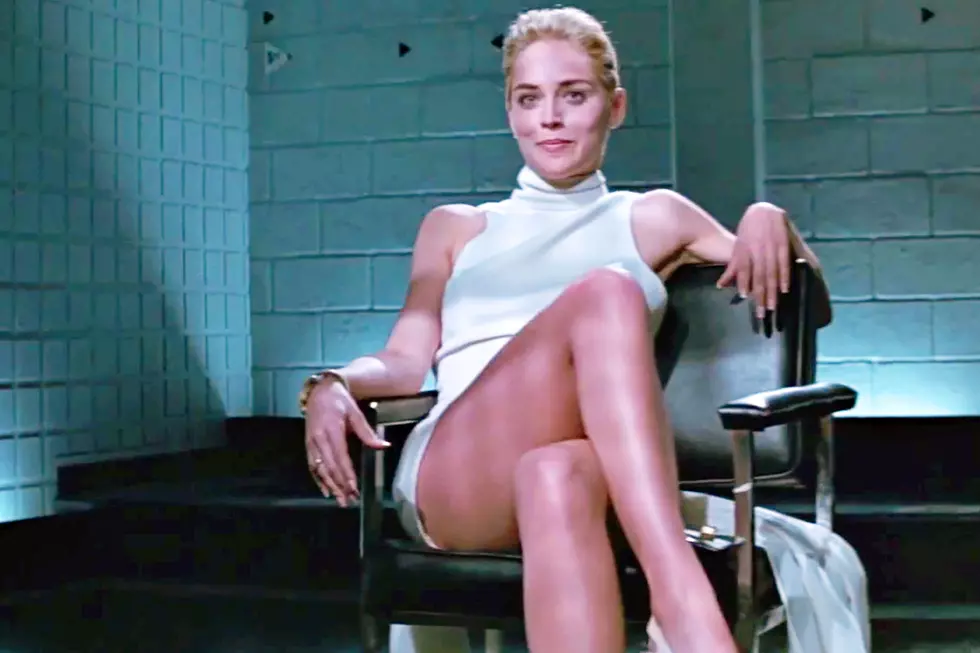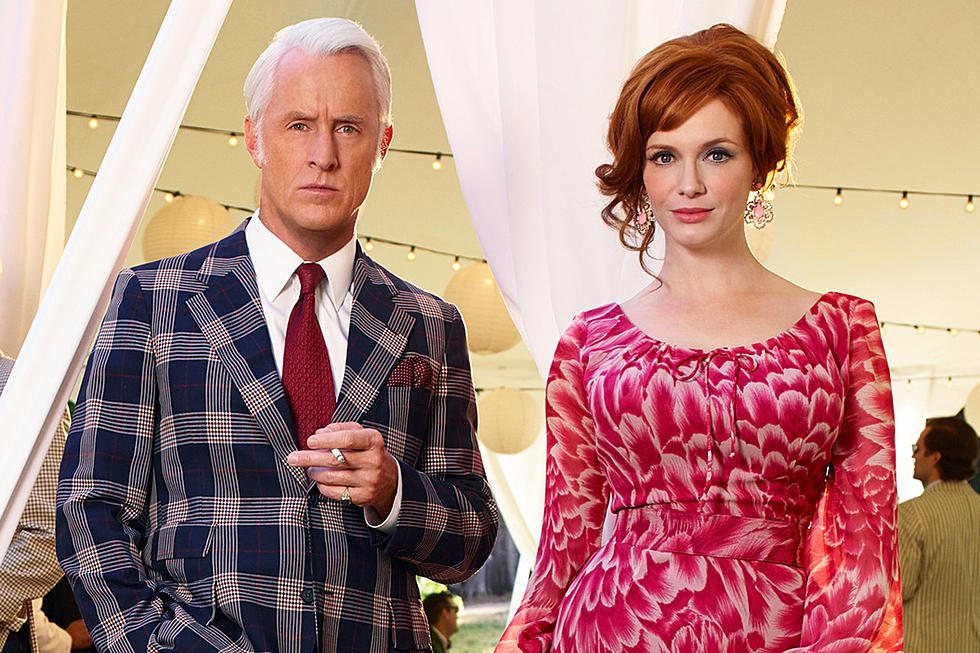
‘Elle’ Review: Isabelle Huppert Is Impeccable in Paul Verhoeven’s Crafty Thriller
It’s been 10 years since the last full-fledged work from Paul Verhoeven, whose darkly satirical style has made his filmography incredibly divisive. That perspective hasn’t changed much over the past decade, though Verhoeven’s approach to style and tone has certainly matured, as evidenced by Elle. Featuring a razor sharp performance from the incomparable Isabelle Huppert, Verhoeven’s latest effort is an expertly layered drama in which a successful woman experiences a rather unconventional midlife awakening.
Based on the novel by Philippe Dijan, Elle centers on Michele LeBlanc (Huppert), an assertive and accomplished executive who oversees a video game company with her longtime friend, Anna (Anne Consigny). With the help of co-writer David Birke, Verhoeven gracefully establishes this world as one in which the inherently misogynistic nature of men is a fact of life. Michele never seems fazed by the behavior of her male employees — nor does she appear particularly shocked after a masked intruder breaks into her home and rapes her.
And that is the opening scene of Elle, which begins with a shot of Michele’s cat looking on as her owner is sexually assaulted. That reaction shot hits a very specific nerve, eliciting a visceral laugh from a deep, dark place — this is the place where Elle lives, and where Verhoeven functions best. Like the familiar female protagonists of more conventional romantic movies, Michele is the sort of successful single woman who “has it all,” except for a romantic partner. Divorced with a grown son (a well-intentioned, under-achieving type), Michele prefers to engage with men who are romantically unavailable — men who have wives and families to keep them safely occupied. She cannot be bothered by mundane personal conflict.
Michele has zero tolerance for the casual cruelty and idiocy of men, or the traumas they so often inflict upon women. For many, her reaction to being raped may seem inappropriate; she won’t play the part of conventional victim, and the offhanded way in which she tells her friends about the experience is hilariously practical. But there is a reason why Michele is not concerned with calling the police and why she doesn’t seem traumatized by the incident; it’s something that her friends (and some viewers) may struggle to understand.
As a woman who exerts perfect control over all things in her life, she is strangely drawn to her assailant. No one is more surprised by this than Michele herself, who appears rather satisfied with her personal and professional life. But that life is a collection of deliberate choices, and Michele’s rapist represents something beyond her control; the tall, dark stranger who appears in her life when she least expects it. Verhoeven inverts such common romantic tropes to challenge our notions of female behavior and desire.
When Michele discovers the identity of her assailant, her behavior becomes even more defiant. What woman would call her rapist, of all people, for help during a car accident? Perhaps Michele’s behavior is unusual because of the traumatic incident that occurred during childhood, which she reveals with the same hilariously indifferent attitude used to describe her sexual assault. But it’s too easy to point at Michele’s childhood and her father’s actions to explain away how she chooses to deal with her rapist. It’s too neat to say that Michele is an emerging sociopath coming into her own, or that she has internalized the horrific incident of her youth to such a deranged degree.
It’s much more difficult to accept the truth: That Michele has experienced a moment of startling self-discovery, that her rapist is the first man who has been able to assert control and take her by surprise. To say this is a sexual awakening or fetishistic indulgence is reductive — the full spectrum of human sexuality is more far-reaching and complex, and what Michele experiences is cathartic. What ensues is a strange game of cat-and-mouse, in which she attempts to discern the rules by feeling them out rather than explicitly dictating them.
It is, essentially, a dominant-submissive relationship, and one presented with the necessary maturity and nuance lacking from the dangerously simplistic Fifty Shades of Grey. Like Peter Strickland’s The Duke of Burgundy, Elle takes an unconventional and humorous approach to sexual dynamics, though Verhoeven’s film hinges on murkier notions of consent. When Michele does eventually become an active participant in this precarious exchange, it’s on her own terms, and as anyone with experience in dominant-submissive relationships can tell you, the submissive person is the one who ultimately holds all the power. Thus Michele and her masked assailant reach something akin to a compromise.
Sandwiched between the inciting incident and its ultimate conclusion are brilliant and darkly comedic layers that explore typical familial discordance as well as female friendships and those gender bonds that are often as unbreakable as they are unspoken. Verhoeven is as satirical as ever, particularly in his indictment of upper-class privilege and all the obliviousness it affords.
French films often introduce actors in their opening credits with phrases like “With the participation of,” a statement that always feels more apt when Isabelle Huppert is involved — and she is truly involved. There is a sense of self-awareness and complex understanding of character that Huppert conveys with a surgical precision that is astounding given that she often operates in existential intangibles. There is literally no other actor on this planet who could play the role of Michele, just as there is no other director who could present her story with such bold specificity. Perhaps the most surprising aspect of Elle is that it took this long for Huppert and Verhoeven to collaborate.
More From ScreenCrush









